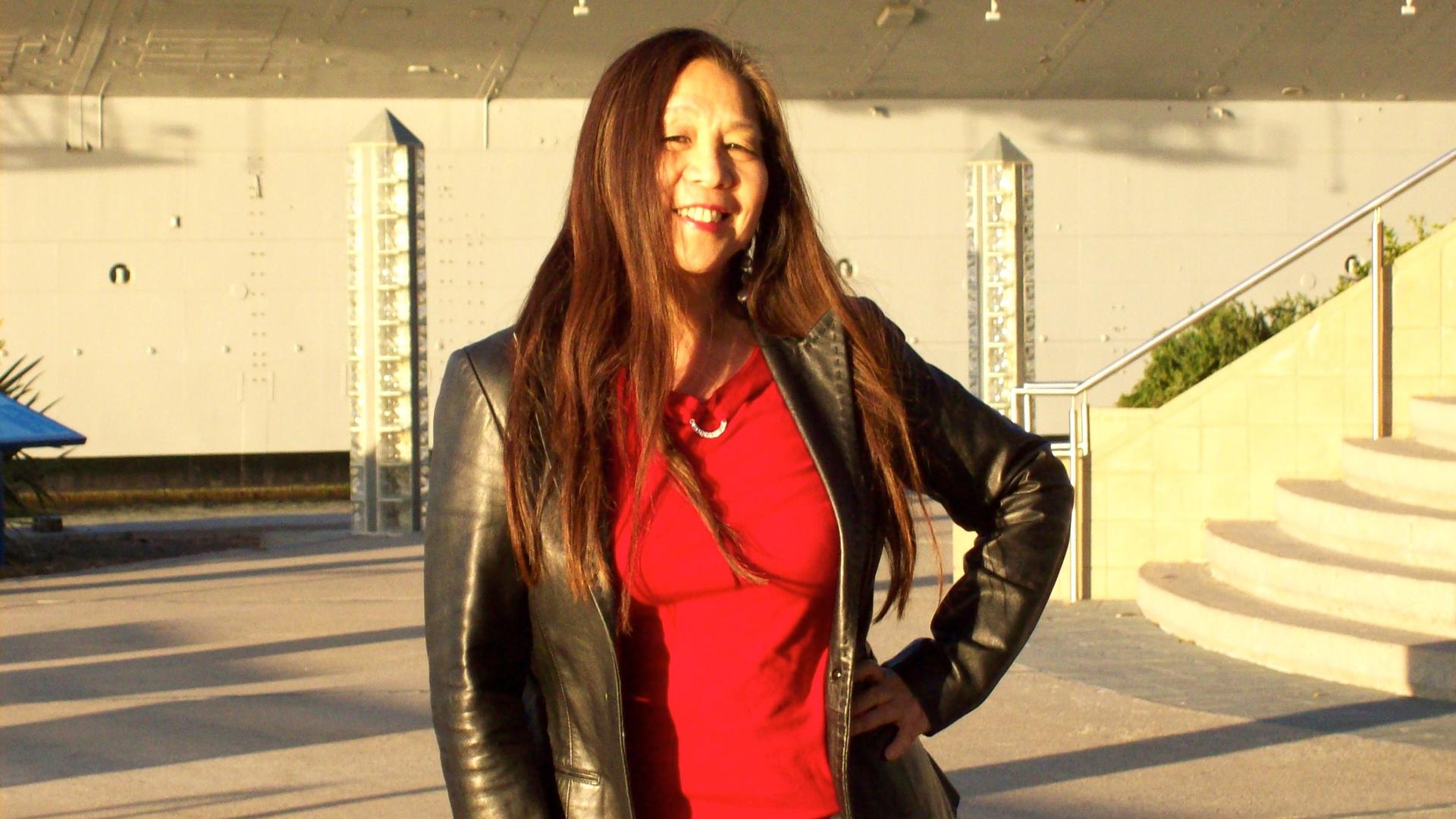The World in Words 74: Words your grandmother taught you in Chinese, Dutch and Yiddish
Marilyn Chin
Many of us learned our very first foreign words from our grandmothers.
The Big Show's Marco Werman learned a Dutch curse.
Nina Porzucki learned a Yiddish word that speaks to an existential Jewish mindset: dafka. (Nina's grandmother didn't think she was conveying such a big idea; she was just describing her granddaughter's stubborn behavior.)
Marilyn Chin also learned a ton of great stuff from her grandmother: insults, puns and tongue twisters. Much of this exotic flostsam and jetsam later found its way into Chin's poetry. Hers are poems of love and rage, investigations of her Chinese-American identity. Chin has her Chinese bits and her American bits. Double happiness!
Double happiness pops up in Chin's first novel Revenge of the Mooncake Vixen. It's the story of Chinese-American twins, Moonie and Mei Ling Wong, and their search for all kinds of happiness. Double Happiness also happens to be the name of their family restaurant. Between episodes of Chinese food delivery gone hilariously wrong—thanks to Mei Ling's souped-up American need for sex and drugs—the twins enter a mythological world of Chinese fable. Chin takes us on a wild ride from the profane to the sacred, and back to the profane again.
In the pod, I interview Marilyn Chin who, like the twins in her novel, was raised by an overly protective Old World grandmother. Chin can still recite her grandmother's curses and sayings, delivered in the Taishanese sub-dialect of Cantonese. She also recites a super-punning poem from her 2002 collection, Rhapsody in Plain Yellow.
